Keywords: Temporary Protection Visa
-
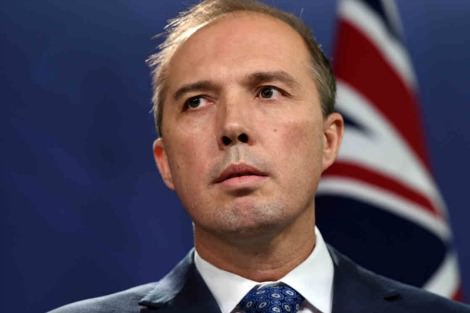
AUSTRALIA
- Kerry Murphy
- 11 November 2016
14 Comments
'We're not going to allow people who have sought to come by boat to come to Australia through a backdoor and we are not going to allow sham marriages to facilitate that,' said Peter Dutton. Given all the existing checks and hurdles, why have a ban? It would only affect about 2000 people; the other 35,000 who came by boat before 19 July 2013 or were not sent to Nauru and Manus Island are not affected. The true intention is to further punish the people we dumped on our Pacific neighbours.
READ MORE 
-
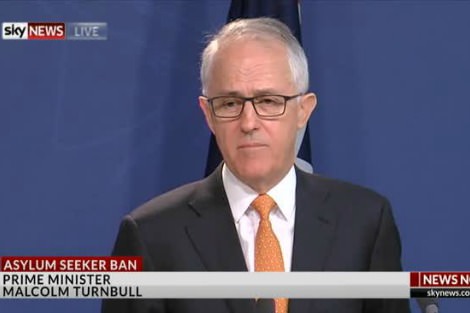
AUSTRALIA
- Kerry Murphy
- 03 November 2016
20 Comments
'Will this affect my case?' Hassan was worried about the survey that said nearly 50 per cent of Australians wanted to ban Muslims from migrating to Australia. I was working on his protection visa. He had a strong case. 'No,' I replied. Like any large religion, in Islam there are many variations in practice and beliefs, influenced by cultural and historical events. To simply ban them all is a crazy option. You do not ban everyone just because a minority are involved in criminal activity. Or so I thought.
READ MORE 
-

AUSTRALIA
- Shira Sebban
- 18 October 2016
12 Comments
Finally he is having his day in court. After 13 months languishing in limbo in immigration detention, he has been given the opportunity to be heard. Hopefully, it won't be long now before his case is determined and his torment resolved. Or so I thought. But in today's Australia, asylum seekers are not treated the same way as you or me. I meet him not as originally planned in the courtroom itself, but in the bowels of the building where he has been confined for the second day in a row to a tiny cell.
READ MORE 
-

AUSTRALIA
- Shira Sebban
- 15 August 2016
14 Comments
Sobs rack his body. Under the Fast Track Assessment process being used to clear the backlog of protection claims, the nondescript official sitting opposite him, or one of his colleagues, will most likely be the one to decide his fate. 'Should you be found not to engage Australia's protection obligations, the government may share your biographical details with the authorities of your country of origin,' the official intones. 'If you give them information about me I will be killed,' comes the chilling reply.
READ MORE 
-
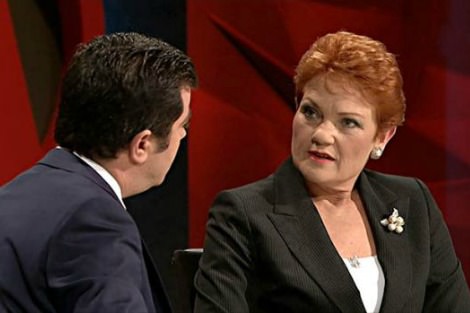
AUSTRALIA
- Kerry Murphy
- 11 August 2016
10 Comments
Recently I was discussing the election of Pauline Hanson and One nation senators with some Hazara clients. These clients are Pakistani Hazaras, who speak good English. They told me they are worried about what Hanson says. 'She seems very angry,' said Ali. 'She does not understand Muslims,' added Hussein. Hussein was recently getting his car fixed and was asked if he was a Muslim. He replied that he was. 'I could see the man's face change,' Hussein told me. The man had become angry and fearful.
READ MORE 
-
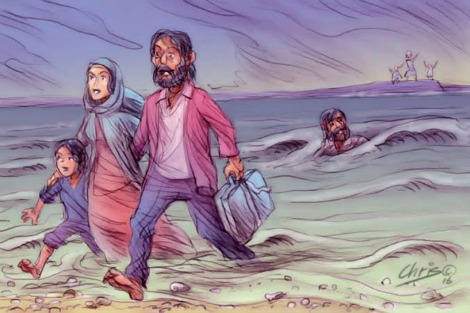
AUSTRALIA
- Kerry Murphy
- 20 June 2016
2 Comments
Mustafa speaks very good English, and his professional skills are going to help him get work in Australia. He is not going to take an 'Australian's job' - he will work and contribute to the economy, as we all try to do. Ali's situation is far less certain. He came on a boat after being approved as a refugee by the UNHCR in Indonesia. He saw no movement in resettlement from Indonesia so he came to Australia. He is one of the thousands who, if they can prove their refugee case, only get a temporary visa.
READ MORE 
-
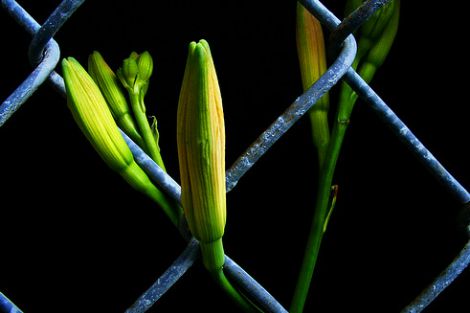
AUSTRALIA
- Kerry Murphy
- 28 September 2015
10 Comments
Hamid is stateless, and came to Australia by boat in mid 2012. He will never get permanent residence, because of his age or because the law states that if you ever held a TPV, you can never get the permanent protection visa. When I explained this to him, I thought might cry. He is now unable to see a way of getting a long term solution for himself and his family, all because of the need to punish refugees who arrive in Australia by boat.
READ MORE 
-

AUSTRALIA
- Kerry Murphy
- 09 September 2015
8 Comments
The Kosovar solution is not a good one. In 1999, 4000 Kosovars were brought to Australia on a TSHV initially for three months but what turned out being several years. Legislative bars were created to prevent them from applying for any other visa whilst here, including protection visas. If we just hand out temporary visas to the Syrians, they will be in limbo and their ability to resettle and contribute to their new country is diminished.
READ MORE 
-
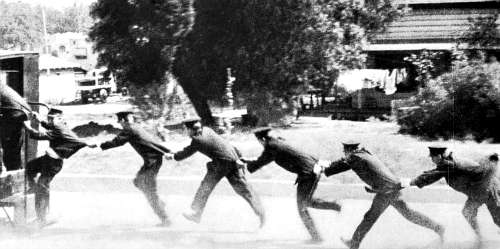
AUSTRALIA
- Kerry Murphy
- 04 September 2015
18 Comments
While we can shake our heads and laugh at last week's farce in Melbourne, we should be more concerned about the many ways this government is punishing refugees in the law, using language to demonise people and and setting up systems geared to rejecting applications. We don't need black uniforms and guns, or any form of militarisation and politicisation of Immigration.
READ MORE 
-

- Frank Brennan
- 01 September 2015
1 Comment
If you want to form government in Australia and if you want to lead the Australian people to be more generous, making more places available for refugees to resettle permanently in Australia, you first have to stop the boats. If you want to restore some equity to the means of choosing only some tens of thousands of refugees per annum for permanent residence in Australia from the tens of millions of people displaced in the world, you need to secure the borders. The untrendy truth is that not all asylum seekers have the right to enter Australia but that those who are in direct flight from persecution whether that be in Sri Lanka or Indonesia do, and that it is possible fairly readily (and even on the high seas) to draw a distinction between those in direct flight and those engaged in secondary movement understandably dissatisfied with the level of protection and the transparency of processing in transit countries such as Malaysia and Indonesia. The popular evil is that political
READ MORE
-
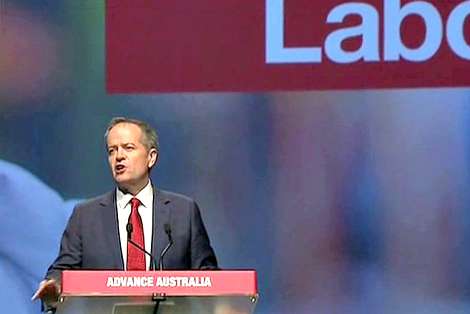
AUSTRALIA
- Kerry Murphy
- 28 July 2015
35 Comments
When refugee advocates criticise harsh policies such as boat turnbacks, they are confronted with claims that the measures are necessary for saving lives at sea. This justification has dominated the debate to the extent that any policy which further restricts refugee rights becomes justifiable on this ground. Imagine a proposal to ban cars because there were too many people killed and injured on the roads.
READ MORE 
-

AUSTRALIA
- Kerry Murphy
- 13 February 2015
23 Comments
Former Immigration Minister's Scott Morrison's ruthless determination to prevent refugees arriving by boat from getting permanent residence has been successfully challenged. On Wednesday, the High Court ordered the current Immigration Minister to grant a permanent protection visa to a Pakistani Hazara 'S297'. Such an instruction is almost unheard of, as usually the Minister is asked to re-make the decision lawfully.
READ MORE 